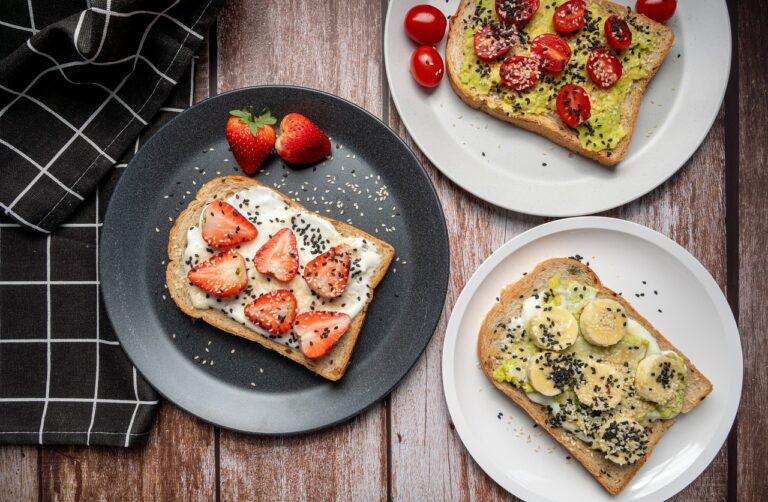Understanding Luck: Myth Or Reality?
Luck often feels like an intangible force shaping outcomes, but its nature is deeply tied to human perception. While some label luck as mystical, it’s better understood as the intersection of probability, coincidence, and preparedness.
Psychological studies highlight how confirmation bias influences the perception of luck. People tend to remember favorable outcomes, associating them with being “lucky,” while dismissing unfavorable ones as anomalies. For example, recalling a string of good events during key moments while ignoring numerous failures builds the belief in personal luck.
Probability plays a significant role in how events unfold. Scientific models, like probability theory, demonstrate that outcomes classified as luck are often the result of statistical probabilities. For instance, winning a lottery appears lucky, but the odds mathematically explain its rarity. Similarly, in competitive sports, a last-minute win might be attributed to luck, though a blend of skill and chance heavily contributes.
Cultural beliefs also frame how luck is interpreted. In some traditions, objects (e.g., four-leaf clovers or horseshoes) are said to bring fortune. These items provide psychological comfort rather than altering outcomes, as no scientific evidence links them to real-world results. Such beliefs shape behavior by promoting confidence, which can indirectly impact success.
Luck as a concept merges objective probabilities with subjective perceptions, bridging science and culture.
The Role Of Probability In Everyday Life
Probability influences countless aspects of our daily experiences, from decision-making to interpreting events. It provides a systematic way to understand outcomes that seem uncertain or random.
How Probability Shapes Outcomes
Probability determines the likelihood of various outcomes in specific situations. For example, rolling a six-sided die gives each number an equal chance of 1/6, demonstrating how predictable patterns emerge in random events. In real-world contexts, such as weather forecasts or financial risks, probability provides a framework for making informed predictions.
Consumer behavior often hinges on probability metrics. Companies use statistical models to anticipate customer preferences. Similarly, medical diagnoses rely on probabilities to assess risk factors and recommend treatments. Even simple actions like choosing the fastest route integrate probabilistic reasoning, as we evaluate traffic patterns and previous delays.
Recognizing probability’s role reveals that outcomes are governed by measurable factors rather than vague concepts like luck.
The Connection Between Randomness And Luck
Randomness is intrinsic to probability, but personal interpretations shape perceptions of luck. Flipping a coin offers a 50/50 chance each time; consistent results might seem lucky but stem from random occurrences adhering to probability rules. Luck becomes a subjective lens for interpreting statistically neutral outcomes.
Psychological factors amplify this connection. Gamblers often overestimate control due to randomness illusions, attributing outcomes to luck. Such distortions demonstrate how human biases affect probability interpretations.
Situational randomness, such as meeting someone at the right moment, can feel fortuitous yet aligns with probability patterns. Luck perception highlights the interplay between objective chance and subjective meaning in everyday scenarios.
Psychological Perspectives On Luck

Psychology shapes how we perceive and interpret luck, intertwining mental processes with experiences of chance. Cognitive biases and cultural beliefs play critical roles in forming individual notions of luck.
Cognitive Biases And Perception Of Luck
Cognitive biases distort how outcomes are viewed, emphasizing favorable events while downplaying unfavorable ones. Confirmation bias leads individuals to recall moments where luck appeared to favor them, reinforcing belief in luck. The gambler’s fallacy, another bias, causes people to predict future events based on past patterns, despite outcomes being independent in random scenarios.
For example, a series of coin flips resulting in consecutive heads might cause someone to believe tails are “due.” This misinterpretation stems from our cognitive tendency to find patterns where none exist, attributing them to luck.
Superstitions And Their Influence
- Superstitions emerge from attempts to control uncertain situations, impacting decisions and actions.
- Belief in lucky objects or rituals offers psychological reassurance, even as studies show no measurable effect on outcomes.
- Athletes often rely on routines they believe enhance performance, attributing success to these practices.
- These beliefs impact behavior; someone wearing a “lucky” shirt might approach tasks more confidently, influencing performance indirectly.
- Superstitions illustrate how psychological comfort can equate to perceived luck, blending subjective belief with decision-making.
Scientific Investigations Into Luck
Scientific research offers valuable insights into the nature of luck, exploring its connection to:
- probability
- human perception
- measurable outcomes
By examining statistical models and real-world scenarios, scientists provide evidence-based perspectives on this seemingly elusive concept.
Statistical Analysis Of Luck
Probability theory provides the foundation for understanding luck through quantifiable metrics. Statisticians use models such as the Poisson distribution to predict the likelihood of rare events. For example, analysts calculate the odds of winning a lottery, revealing that success often aligns with measurable probabilities rather than random fortune.
Monte Carlo simulations also help study systems governed by chance. These computational algorithms generate repeated random samples to demonstrate patterns within random events. In gaming scenarios, researchers use these simulations to determine the expected value of bets, uncovering the roles probability and randomness play in perceived luck.
Real-Life Experiments And Case Studies
Empirical studies test how luck manifests in controlled and everyday settings. In one experiment by psychologist Richard Wiseman, participants were categorized as “lucky” or “unlucky” based on self-perception. While reading a newspaper to find a specific image, “lucky” individuals were more likely to notice additional opportunities, like a large prize ad, demonstrating how mindset impacts outcomes.
Case studies reveal that environmental factors shape luck-like occurrences. Researchers tracking accident survivors identify how situational preparedness, such as wearing seatbelts, changes the odds of survival. In career success studies, networking frequency and adaptive risk-taking correlate with higher perceived “luck,” proving preparation and decision-making influence outcomes tied to chance.













































































































































































































































































































































































































































































































































































































































































































































































































































































































































































































































































































































































































































































































































































































































































































































































































































































































































































































































































































































































































































































 Archer Loftus-Hills played a pivotal role in shaping the technical backbone of Gamble Today Smart. With a keen eye for detail and a passion for innovation, Archer was instrumental in developing the platform’s data-driven tools and analytics features. His expertise ensured that users could access reliable, real-time insights to make informed gambling decisions. Archer’s dedication to precision and functionality has left a lasting impact on the platform’s success.
Archer Loftus-Hills played a pivotal role in shaping the technical backbone of Gamble Today Smart. With a keen eye for detail and a passion for innovation, Archer was instrumental in developing the platform’s data-driven tools and analytics features. His expertise ensured that users could access reliable, real-time insights to make informed gambling decisions. Archer’s dedication to precision and functionality has left a lasting impact on the platform’s success.